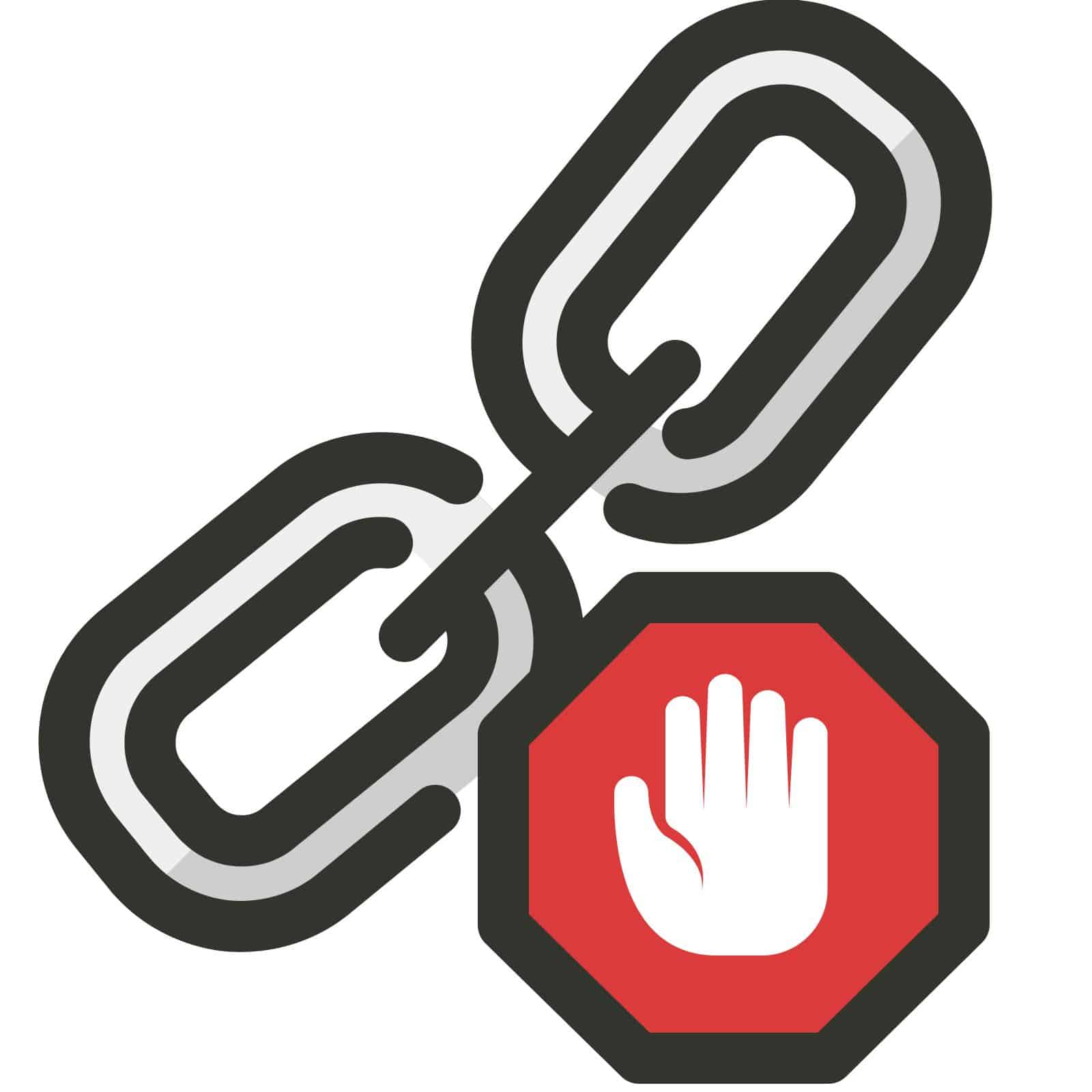 Imagine the Internet without links. There’d be no Google. No social media. No Wikipedia.
Imagine the Internet without links. There’d be no Google. No social media. No Wikipedia.
Basically, there’d be no Internet.
Link building might just be the single most important thing in SEO. Without boring you with the more technical details, it’s estimated that the quantity and quality of the links you get to your website amounts to almost 50% of your search engine rank.
That’s a gargantuan proportion of your rank. To put it into context, imagine if your business made 50% of its profits off of one product or service, or from one customer segment.
You’d ignore that segment, product, or service at your own peril. That’s what link building is to SEOs.
We need to focus on link building, because without links, your website will not rank well. There’s no two ways about it. You want to rank well? You need links.
That’s why it’s important. But what is link building, exactly? Allow me to explain.
The art of link building
The founders of Google had a genuinely brilliant idea (well, more than one, but I digress): what if they were to treat web pages like scholarly articles? In the world of academia, if a lot of people are citing your article as a reference for their research, it’s a sign that you’ve contributed a very important piece of research to society.
Google’s founders decided to apply that premise to web pages: if you have a page with a lot of links, it’s a sign that you’ve contributed a very important page to the Internet.
A citation from Einstein
But not all links are created equal – they don’t all carry the same weight.
Back in the early days, people realized they could just spam links from other websites they owned in order to boost their ranking. Google quickly caught on to this – now pages have an authority score. Basically, this score tells Google whether or not a page is actually useful, or if it’s spammy junk.
You don’t want links from spammy junk pages. You want links from pages that Google considers an authority in your industry or location. It’s basically the difference between getting an academic citation from a quack and getting a citation from Einstein.
Getting the links
That means we have to get links to your website, and we have to make sure those links are coming from other high-quality websites.
This process isn’t nearly as easy as you might think.
There might have been a time where you could just ask for a link and get one. Nowadays, people understand the value of links, and they won’t hand them out to just anyone.
Now you might be wondering what the value of links is – not in some abstract sense, but in dollars.
I’ve got your back. The value of a single link is approximately $361.44.
WHAT?! (That was my reaction when I first saw that number back in the day).
Yup. Links really are that valuable, and we know their value thanks to the free hand of the market – some well-reputed blogs will, straight up, just sell you links.
Now, buying links is an incredibly bad idea for the most part – Google imposes steep penalties on sites when it learns they’re engaged in link buying, so it’s best to avoid doing it.
So we have to do it the old-fashioned way – making really great content, and earning links on the back of content quality.
The different types of links
We don’t want just any links, though – we want “dofollow” links.


Basically, links can be divided into two categories: “dofollow”, or standard links, and “nofollow” links.
When a link is “nofollow”, it tells Google and other search engines “Do not let your bots follow this link. Do not give this site any ranking boost because of this link. This link is for users only”.
In other words, nofollow links do virtually nothing for your SEO.
This means we need to get you unpaid, dofollow links. The only way to do that is to produce stellar content, all while reaching out to as many high-profile, well-regarded sites as we can.
One way of doing this is to create what are known as guest posts. These posts are created for other websites, but contain a link back to your website (usually in the author’s bio).
Link building takes time
All of this means that link building takes time. To get links that are worth anything, you need to:
- Create high-quality content.
- Find high authority websites to get valuable links from.
- Pitch content to those websites and/or create guest posts for them.
- Wait for the algorithm to do its magic.
That last point is an important one. It’s not as simple as “get one link from a great website and watch your ranking go up 20 spots”. You need multiple links from a bunch of different sources.
You also need to, quite literally, wait for the algorithm to catch up.
Search engines use bots to crawl around the web, following links and indexing content. That means that before you start seeing an increase to your ranking, the bots need to find, follow, and index the page that’s linking to your page and then index your page. From there, you have to wait longer still for the algorithm to adjust your ranking.
For pages with no links who are low in the rankings, that process will take a couple of months (or about 8 to 9 weeks). The impact of even one link for these web pages can be dramatic, though – a single link can often cause you to jump several pages in the rankings.
The exception is if you’re already ranking on the first couple of pages – basically, the higher up you already are, the less impactful a single link will be.
That means getting you into the top 10, keeping you there, and bringing you to the first rank will take months – even years – of concerted effort. We need to build a lot of links, and we need to make sure we’re building those links on sites that will maintain their reputation and standing.
Of course, these links are worth about 50% of your total ranking, so they’re incredibly important. Great link building takes time, but it’s well worth it. That’s why our SEO agency in Winnipeg is dedicated to putting in the time and effort to build links.
Innovative AI-enhanced link building strategies can help automate and streamline parts of the link building process to accelerate results


